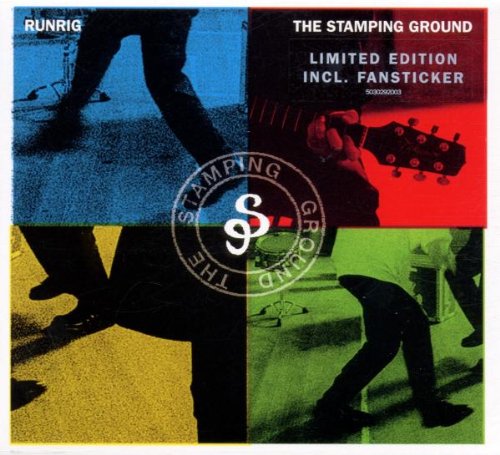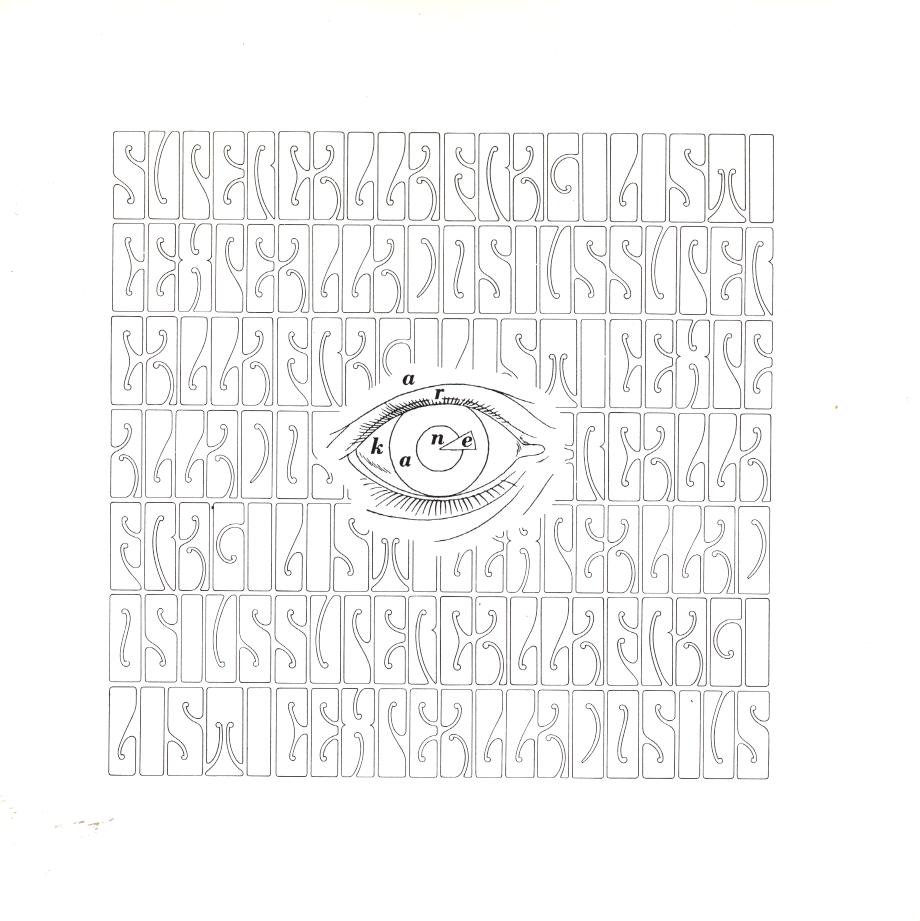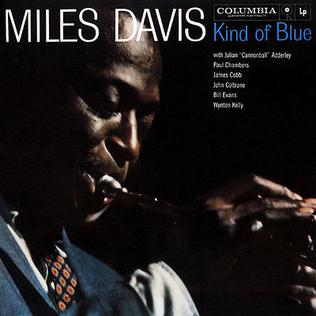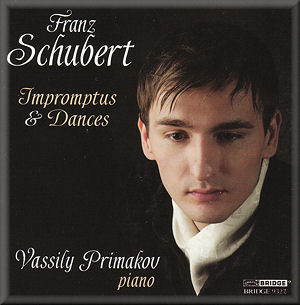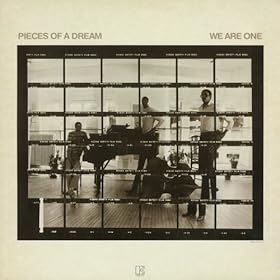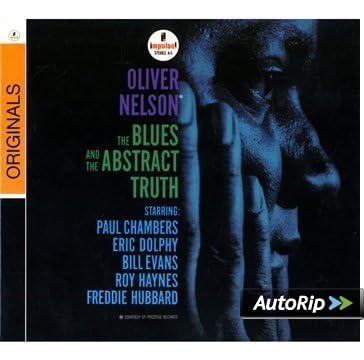Frédéric Chopin: Ingrid Fliter (Piano)
Piano Sonata No. 3 in B minor Op. 58
Mazurkas Op. 59
Barcarolle in F sharp Op. 60
Grande valse brillante in E flat Op. 18
Waltzes Op. 64
Ballade No. 4 in F minor Op. 52
With an abundance of faceless players around merely focusing on the notes, I always seek players who combine intelligence with much heart and soul, in nearly equal measures. Next, I try to understand any interpretation as not the only way but simply, another way. Recently, I enjoyed Fliter's Waltzes program for this reason. They were so uniquely refreshing and different from the usual non-descript, faceless playing that it made me sit up and really listen (literally). While a little tamer than the Waltzes en masse, this Chopin recital still intrigues me with her imaginative view. Technical competence is a given but it leans more toward muscular than finesse yet what separates her mostly from others is her use of rubato, inflection and voicing to guide you through a story.

While in a concerto you are somewhat limited to stay in the confines of your partnership with the leadership of the orchestra, the Chopin concerti are unique in that the music is largely guided by the pianist (hey, every piece Chopin wrote was for the piano) and the piano was him.
I think Fliter's video of Chopin's 2nd Concerto is one of my favourites and shows clearly (at least to me) how natural rubato can be and how paying attention to each note makes a difference. She simply immerses herself into the music and speaking for myself only, I cannot help but be taken in emotionally as well. Again, the inflections - the rise and fall - of the speaking voice is very clear on a note to note relationship as well as a macro effect on the overall phrasing and architecture of the piece. I just find so much more life in this than say well known, bigger names (like Pollini). It is warmth contrasted against coldness.
http://www.youtube.com/watch?v...t=PLEC9F316FA712BE86





